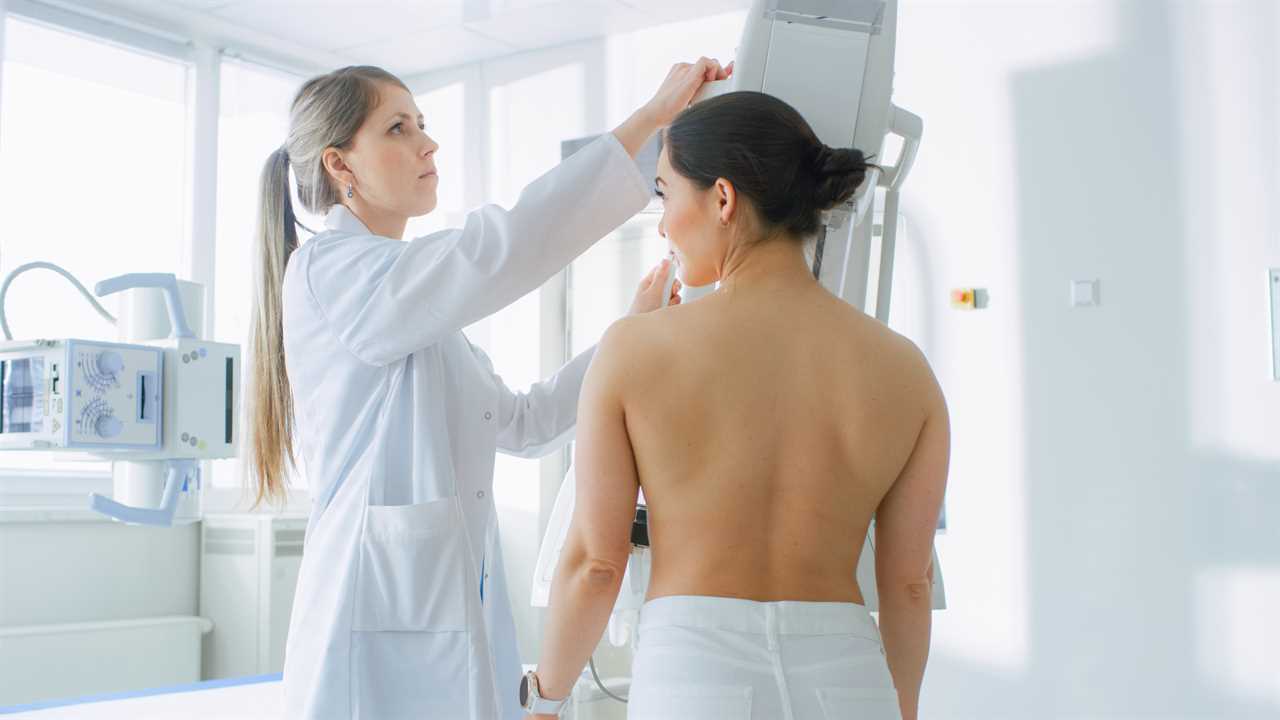
New technology may surpass doctors in detecting breast cancer
Scientists at the University of Bristol have developed a robot that could outperform doctors in detecting breast cancer. The team hopes that this innovative technology could be implemented in pharmacies and health centers, transforming the way women monitor their breast health.
Improving early diagnosis and boosting survival rates
Lead author George Jenkinson expressed his desire for the robot to "contribute to and complement the arsenal of techniques used to diagnose breast cancer." In the UK alone, around 55,000 women and 370 men are diagnosed with the disease annually. Early detection through screening greatly increases survival rates.
Enhancing breast examination techniques
One common method used by doctors to check for breast cancer is the Clinical Breast Examination (CBE), which involves a physical examination of the breasts and surrounding tissue. However, there is no consensus among doctors on the best approach for conducting this examination. Nevertheless, it is widely acknowledged that a well-performed CBE is highly effective in detecting cancers early.
George and his team are focused on developing a robot that can surpass doctors in terms of accuracy, speed, and reliability in detecting breast lumps. By combining AI with established medical techniques, this robot has the potential to identify abnormalities in deeper breast tissue that would otherwise be undetectable through human touch alone. The team presented their findings at the RO-MAN conference.
A future tool for early diagnosis
"We have laid all of the groundwork," George stated. "Our robotic system has demonstrated the necessary dexterity to conduct a clinical breast examination. We hope that in the future, this technology could be a valuable aid in early cancer diagnosis."
Complementary screening methods
The NHS Breast Screening Programme invites women between the ages of 50 and 70, registered with a GP, for screening every three years. Mammography, which involves x-rays of the breasts, is the primary test used in this program. However, individuals who notice any abnormalities can also undergo a CBE with a GP or other trained healthcare professional.
Research supported by Cancer Research UK
This groundbreaking research is part of the ARTEMIS project, funded by Cancer Research UK.






